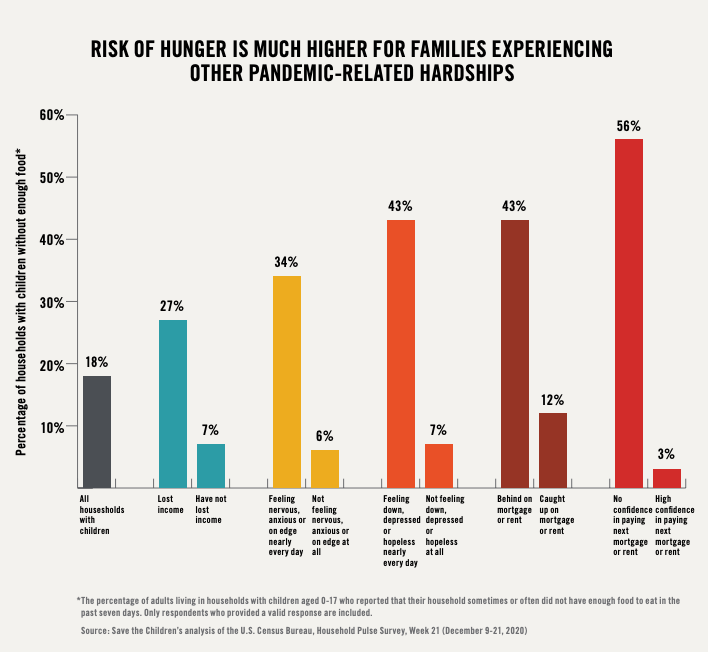
School nutrition is a vital part of a child’s education and their overall health, well-being, and development. Without the proper nutrients, students are more likely to develop learning disabilities and struggle mentally and physically. However, too many children in this country do not have consistent and affordable access to healthy food. Nearly 17% of children live in homes affected by food insecurity — and this has only been exacerbated by the pandemic.
Children who participate in school meal programs under the National School Lunch (NSLP) and School Breakfast (SBP) Programs rely on the meals for roughly half of their daily calories. When schools shut down during the COVID-19 pandemic, school nutrition programs served as lifelines for struggling families, and were able to continue providing meals to students in creative and efficient ways, such as Pandemic EBT. However, these programs continue to be challenged by widespread supply chain issues and inflation, which has made it more difficult and expensive for schools to purchase and serve food. According to the School Nutrition Association, on top of food shortages, 95% of schools have staff shortages.
President Biden has signed the Keep Kids Fed Act, extending some school meal flexibilities through the next school year. The law extends meal delivery options through the summer and increases federal reimbursements through the next school year, which will provide schools with extra funding to help fight the rising costs of food and labor. But many fear it does not go far enough as many children will lose access to free or reduced-price school meals in the coming school year, forcing schools to redetermine whether millions of students are eligible for the program and creating even more administrative burden for strained programs.
Overall, the best solution would be to provide free school meals to all students, regardless of income. Healthy school meals for all would ensure students have consistent access to school meals, even as prices rise and nutrition programs face staffing shortages. Schools provide meals for more than 30 million children daily. These meals often are the most nutritious meals a child has access to, and research has shown that school meals led to a decrease in obesity among children in poverty. Free school meals help food-insecure children in all aspects — healthy eating helps children academically, physically, and mentally. Free school meals are a clear win for children and families.
